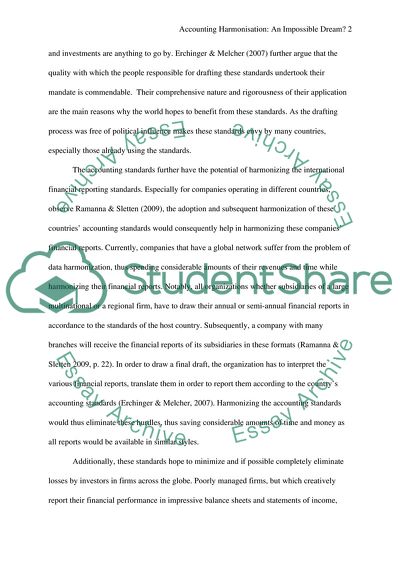Cite this document
(Accounting Harmonisation: An Impossible Dream Essay, n.d.)
Accounting Harmonisation: An Impossible Dream Essay. https://studentshare.org/finance-accounting/1810111-accounting-harmonisation-an-impossible-dream
Accounting Harmonisation: An Impossible Dream Essay. https://studentshare.org/finance-accounting/1810111-accounting-harmonisation-an-impossible-dream
(Accounting Harmonisation: An Impossible Dream Essay)
Accounting Harmonisation: An Impossible Dream Essay. https://studentshare.org/finance-accounting/1810111-accounting-harmonisation-an-impossible-dream.
Accounting Harmonisation: An Impossible Dream Essay. https://studentshare.org/finance-accounting/1810111-accounting-harmonisation-an-impossible-dream.
“Accounting Harmonisation: An Impossible Dream Essay”. https://studentshare.org/finance-accounting/1810111-accounting-harmonisation-an-impossible-dream.


